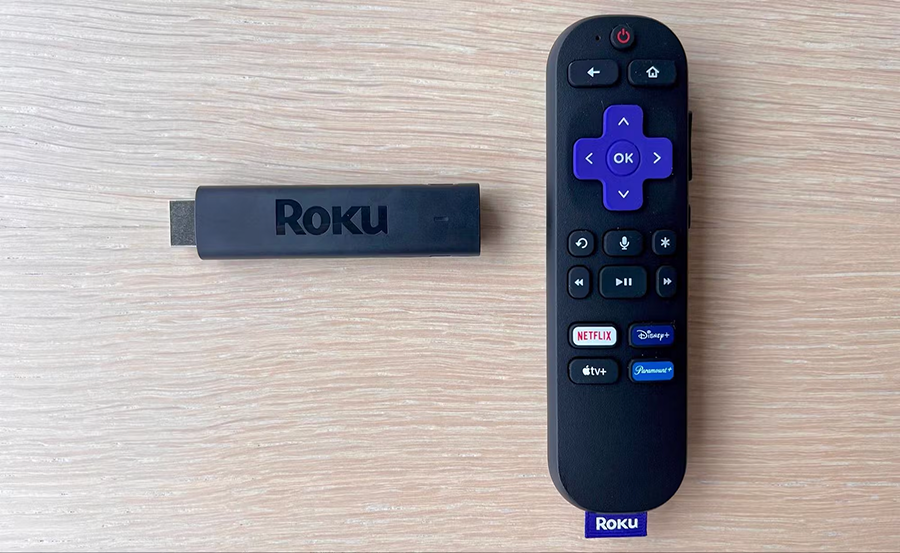Streaming services have revolutionized how we consume media, offering a myriad of options right at our fingertips. Still, with the birth of new technologies like IPTV, questions about legality arise, particularly about platforms such as Roku. These tiny devices have captured our living rooms, simplifying the viewing experience in unprecedented ways. Still, as users continue to explore IPTV options on Roku, it’s crucial to comprehend what’s legitimate and what might be stepping into murky waters.
What is IPTV?
Breaking Down Internet Protocol Television
IPTV, or Internet Protocol Television, signifies a major shift from traditional cable services. Instead of relying on cable or satellite signals, IPTV streams digital television through the internet. This technology allows users to consume media on-demand, with vast libraries that suit diverse tastes. It’s convenient, flexible, and growing rapidly in popularity.
Key Features and Benefits
There are several ingenious features that make IPTV appealing:
Streaming Insight:
Discover premium entertainment with CalmaHub IPTV, offering top-tier channels and VOD at unbeatable prices.
- On-demand content: Watch your favorite shows and movies whenever you want.
- Versatile Platform Access: Use TVs, smartphones, and tablets for streaming.
- Customization: Choose packages tailored to your viewing preferences.
Such features make IPTV a compelling choice for modern viewers who value convenience and control over their media experience.
Roku’s Role in IPTV
Why Roku is a Preferred Choice for Many
Roku has soared in popularity because it offers an easy way to access an array of streaming services. Users love the intuitive interface, the wide range of supported apps, and the affordability. These devices have rapidly become the center of home entertainment systems everywhere.
IPTV Integration
Integrating IPTV with Roku isn’t always straightforward. While Roku supports numerous official streaming platforms, IPTV services typically require a bit more setup. This process might include using third-party applications and following specific configurations. However, users appreciate the end result—a personalized and versatile streaming experience.
The Legality of IPTV on Roku
Legal Considerations
When exploring IPTV services and their legality, it’s key to understand what differentiates legal providers from illegal streams. Legal IPTV services operate within regulated frameworks and pay for the proper licenses. Always consider this: if the service seems too good to be true, offering vast content for an unrealistically low price, it’s worth diving deeper.
Recognized IPTV Providers
The surest way to know if your IPTV use is legal? Choose recognized providers. Many top IPTV services are transparent about their licensing and partnerships:
- Well-reviewed services: Look for customer feedback and legal disclosures.
- Partnerships: Associations with established networks signal credibility.
- Transparent pricing: Ensure prices align with industry standards.
Risks and Challenges
What’s at Stake
Engaging with unlicensed IPTV services, even inadvertently, can have serious consequences. Issues range from legal penalties to security breaches. Often, these services do not only infringe on copyright laws but can also expose users to malware and phishing scams.
Protecting Yourself
Taking precautionary steps can help users navigate these challenges safely:
- Be vigilant about low-cost services that promise expansive content.
- Use VPN services to protect personal data and browsing activity.
- Always confirm the legitimacy of the service provider through research.
Navigating the IPTV Landscape
Enhancing Your Viewing Experience
The goal is clear: to elevate your IPTV viewing journey without crossing legal lines. By focusing on legitimate content and reliable providers, you can harness the full potential of streaming services safely. Choose quality over quantity and prioritize services that have well-established reputations.
Customer Support and Reliability
When selecting an IPTV service, consider the after-sale support:
- Responsive customer service is a hallmark of reputable companies.
- The best IPTV for sports will offer smooth, real-time streaming, adding to reliability.
- Evaluate how comprehensive their support is before purchasing any package.
What’s Next? Exploring Future Trends
The evolution of IPTV is far from its endgame. As technology advances, IPTV services and their integration on platforms like Roku will develop further. Expect more innovative content approaches, improved user interfaces, and perhaps, enhanced legal frameworks that govern these services. The future offers promising improvements for an already transformative technology.
For viewers and creators alike, staying updated with these trends ensures they make informed choices, maintaining a gripping viewing experience without stepping outside the bounds of legality.
FAQ: Answering Common Legal Concerns

Is all IPTV illegal?
No, not all IPTV services are illegal. Many operate with proper licenses and provide legitimate content. Always verify the service’s legal standing before subscribing.
How can I ensure my IPTV service is legitimate?
Research the provider, confirm its partnerships, and read user reviews. Legitimate services will always be transparent about their licensing and affiliations.
Can I get in trouble for using illegal IPTV?
Yes, using unlicensed IPTV services can result in legal penalties, fines, or other repercussions depending on your jurisdiction. It also exposes you to security risks.
What makes Roku suitable for IPTV?
Roku is user-friendly and supports a wide range of apps, making it adaptable for IPTV integration. While not formally supporting IPTV, users can configure it via third-party applications.
What’s the best IPTV for sports on Roku?
Legitimate IPTV services known for reliable sports streaming are generally the safest. Research a few well-reviewed platforms to find the best fit for quality sports content.
A Beginner’s Guide to Enigma IPTV Device Navigation





